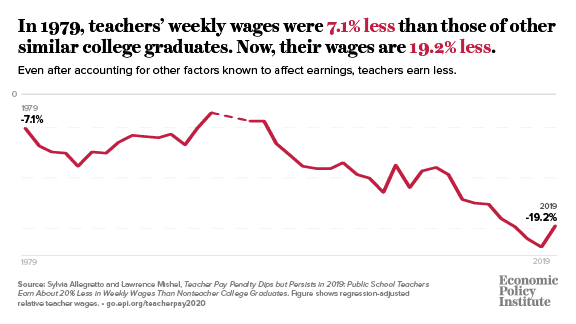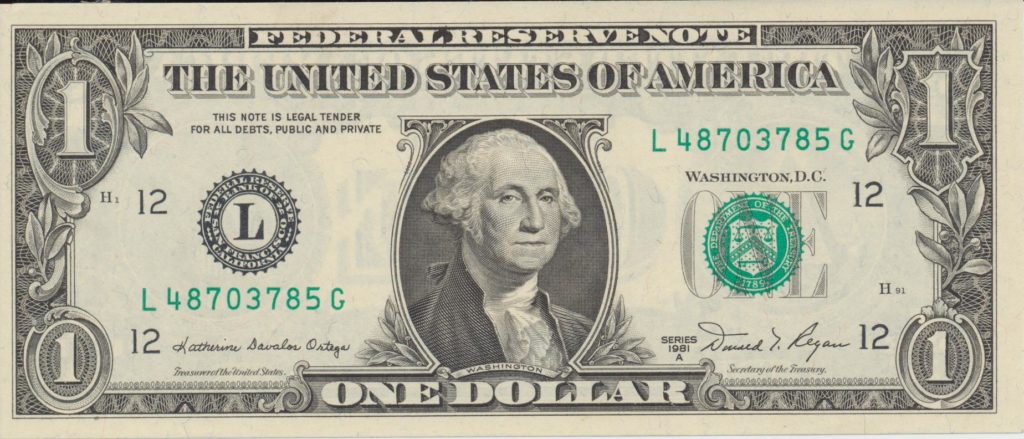That’s what Gov. Bill Lee is proposing for teachers in his COVID-19 package for education. This is just the latest in what has become a pattern of showing blatant disrespect for educators in his budget proposals.
The Tennessee Education Association (TEA) breaks down the proposal and what it will mean for educators:
“Tennessee’s educators have worked hundreds of additional hours during the fall semester to maintain instruction and keep our students engaged during this pandemic,” said TEA President Beth Brown. “The proposed $43 million in one-time teacher salary funds is far lower than what the state can afford, and far less than what educators have earned and deserve.”
TEA estimates the average educator worked more than 13 additional hours per week this fall to maintain daily instruction—virtually, in-person, or a hybrid—with a large portion of Tennessee’s educators working 20 or more additional hours. The value of the additional instruction work was approximately $5,700 per educator. The administration proposal comes to approximately $570.
The General Assembly eliminated a $117 million 4% educator raise in June, citing falling revenue due to the pandemic. Since then, the state recorded $369 million in surplus to end the last fiscal year and has collected $715 million surplus revenue in just the first five months of this fiscal year.
“In the upcoming special session, the administration and General Assembly have an important opportunity to recognize the sacrifices made for our students and to take steps toward making educators whole for the unpaid hours we’ve worked,” Brown said. “What has been initially proposed does not do that. Appropriating $200 million — just a fifth of the surplus revenue collected since June – would be more appropriate and still be affordable. A more significant investment will go a long way in recognizing the extraordinary effort of our state’s educators.”

For more on education politics and policy in Tennessee, follow @TNEdReport
Your support – $5 or more – makes publishing education news possible.






